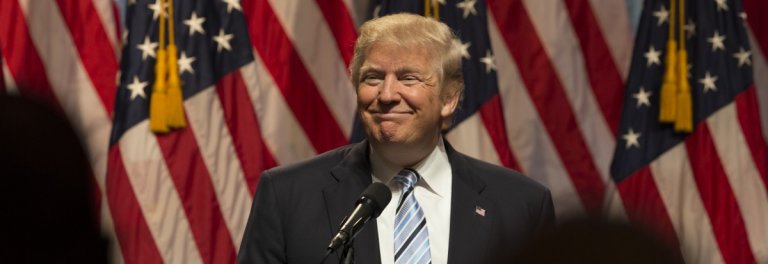
Anyone who has applied for a visa to the US knows it’s not easy.
Since 2017, there has been plans to shorten the length of visas granted to Chinese students in robotics, aviation and high-tech manufacturing, plus increased restrictions on specialty occupation H-1B visa petitioners, an overhaul in the meaning of “unlawful presence” for foreigners in the student visa and exchange program, and the list goes on.
But it’s not just imposed on applicants from “shithole” countries – even James Harkin, a respected journalist and book author who holds an Irish passport has received the short end of the stick.
Harkin, Director of the Center for Investigative Journalism in London, could not get his visa to attend an investigative reporting symposium in Berkeley, California on time as his post-interview visa remained “in process”, making him unable to board his flight.
“Tyranny of the American Visa Regime” by JAMES HARKIN via NYT https://t.co/eym2DANfio https://t.co/pZNQLAUxvh
— JCFisher (@JCFisherandAssc) February 23, 2018
Later, his J-1 educational visa to attend a fellowship at Harvard was delayed for months even though he had submitted his application months before.
Harkin was unable to claim the usual waiver for Irish citizens as he had travelled to Syria.
“Another journey to the United States remained out of reach,” Harkin wrote in an opinion piece for The New York Times.
Being put through this ordeal reminded Harkin of the usual procedures and processes he had previously seen through his travels to countries with authoritarian regimes. Now, their silent ways of snubbing foreigners from entering countries appear to have been adopted by the land of the free, the United States of America.
“If the United States continues to treat foreigners with the suspicion and condescension of an authoritarian regime, it will snuff out a good deal of its carefully accumulated expertise on the rest of the world. An atmosphere of openness and intellectual exchange is easily squandered and very difficult to get back,” Harkin wrote.
That appears to be underway for many talented foreign graduates from American universities. NPR reported that students like Peng Yuhang, a recent electrical engineering graduate from Northwestern University in Illinois, find it almost impossible to get companies to sponsor their visas.
When companies heard that his Optional Practical Training work authorisation would expire in less than three years, “Some people would hang up the phone the moment you said you need sponsorship,” Peng explained.
U.S. Degree? Check. U.S. Work Visa? Still A Challenge -<1/4th of employers plan to hire international students in 2018, hitting a new low #education @AAVMC @ucdavis @UC_net @chronicle https://t.co/1qnNpZ9MHE pic.twitter.com/GQvty9QEhQ
— Michael Lairmore (@LairmoreDVMDean) July 10, 2018
Huang Yimeng, a recent graduate from the University of Virginia, was about to start a prestigious job at consulting firm McKinsey & Company when her visa to the US was denied last November.
“I thought about the yellow towel in my new kitchen, the toy shark from IKEA I have kept for five years …” Huang wrote in a blog post, “but the key will never turn in the lock again.”
Opinions over whether students like Huang and Peng should be awarded US student visa status are polarising. Steven Camarota, Director of Research for the Center for Immigration Studies, which advocates immigration restrictions, said:
“The United States’ legal immigration system reflects a lot of demands — desire to bring family, refugee resettlements, introducing talent.”
“You also have to balance job competitiveness, the school system…if you have more foreign students stay, you’ll have to revisit all of those issues,” Camarota said.
Conversely, Alex Nowrasteh, Senior Immigration Policy Analyst at think tank Cato Institute believes that since American universities are among the best in the world, so too are the students who go there to study.
“It will be tremendously positive for the United States to have a group of educated, English-speaking, highly trained, intelligent people to live and work here,” Nowrasteh says.
Liked this? Then you’ll love…
Trump’s H-1B visa restrictions illegal, US companies allege in lawsuit
The discreet change to the Optional Practical Training program you should know







